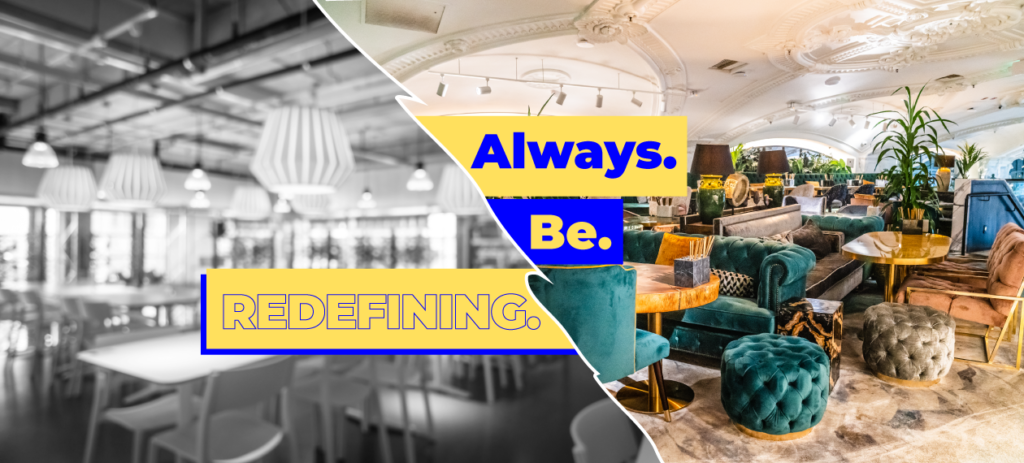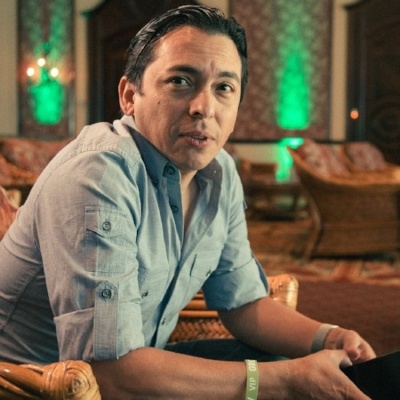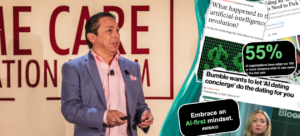
Via Financial Express, Swapna Raghu Sanand
With the year 2020 kicking off in an unprecedented way with the outbreak of the coronavirus pandemic, innovative solutions for the hospitality industry have shot into prominence.
Given how digital solutions are completely redefining food experiences across the corporate, travel and hospitality segments, an interesting premise can be linked with the concept of futuristic digital Darwinism has been shared by leading digital anthropologist and futurist Brian Solis.
The best selling author recently shared a keynote presentation [below] about creating restaurants for tomorrow. In his detailed explanation of the same. he has been decoding what this really means for the world.
Sharing a futuristic perspective on how restaurants are likely to emerge in the future, Solis shared his definition of innovation and iteration.
Pointing out how markets and industries are constantly changing, he says, “Iteration is about doing the same things better whereas innovation is about doing new things that create new value.”
Digital transformation, according to Solis, is an infinite game. We strive to build agility about what needs to be different while we are moving forward. In his view, digital darwinism is about our constant changes due to the digital transformation happening in our behavior and everything around us has to either adapt or not – everything digital is fast accelerating.
“The idea of ‘ghost kitchens’ and ‘cloud kitchens’ is no longer a new concept as it has mushroomed everywhere. The idea of it has undergone radical change as service is now about serving people we didn’t reach before, this is about thinking about distribution and thinking aspirationally, and this is true even beyond restaurants and kitchens. Earlier the value proposition was localisation.
According to Solis, infrastructure application for restaurant brands is key – he points out in his presentation.
“The American eclectic burger is not even a real restaurant but it is owned by a delivery service through ghost kitchens and the consumer doesn’t know that it is owned by the app where they are ordering the food from. We have to think creatively as apps are thinking of ways to compete against you while helping you reach new orders ,” Solis highlighted in his video message on futuristic restaurants.
While futuristic restaurants continue to be debated in the context of innovations in the hospitality space, there is little doubt on the fact that it is ultimately the end user who gets to deliver the verdict, or rather the final say.

Brian Solis | Author, Keynote Speaker, Futurist
Brian Solis is world-renowned digital analyst, anthropologist and futurist. He is also a sought-after keynote speaker and an 8x best-selling author. In his new book, Lifescale: How to live a more creative, productive and happy life, Brian tackles the struggles of living in a world rife with constant digital distractions. His previous books, X: The Experience When Business Meets Design and What’s the Future of Business explore the future of customer and user experience design and modernizing customer engagement in the four moments of truth.
Invite him to speak at your next event or bring him in to your organization to inspire colleagues, executives and boards of directors.





Leave a Reply